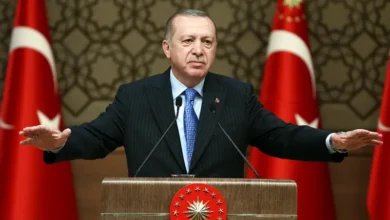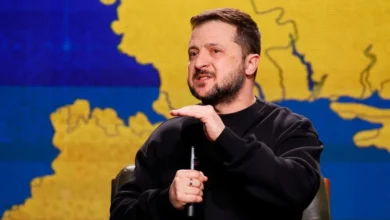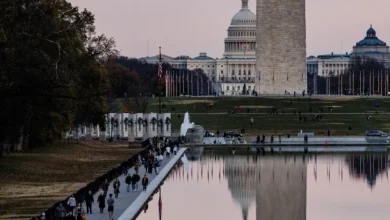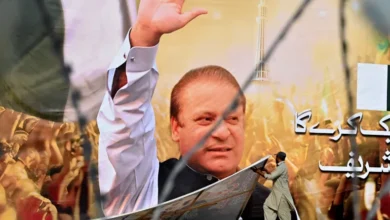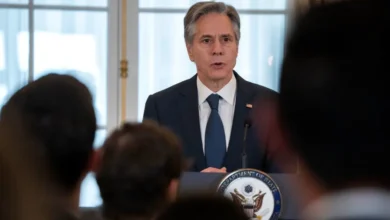How deep is the divide between Israel’s military and its government?
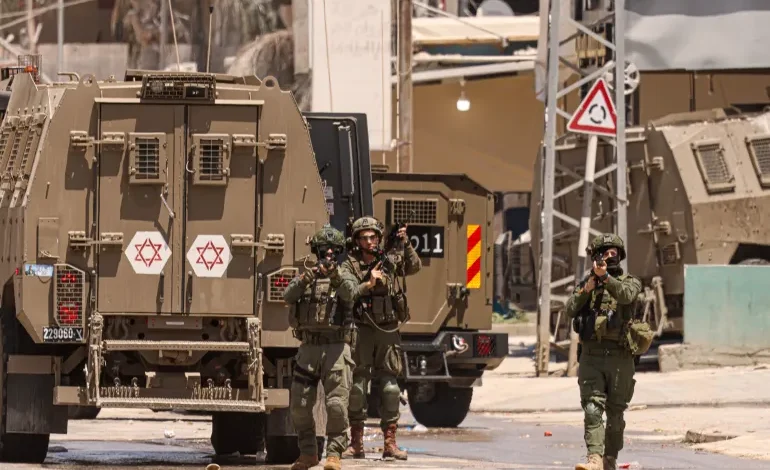
In Gaza, the Israeli military continues on the offensive, and in the United States, Prime Minister Benjamin Netanyahu has spent the past week courting more support for Israel’s assault on the Palestinian enclave.
But that apparently shared purpose does not reflect the reality: a growing divide between the generals and the government. And analysts say it means that the initial Israeli unity when it came to the war on Gaza is a thing of the past.
The differences emerge in the open on occasion. Most recently, they have centred on the conscription of Israel’s ultra-Orthodox yeshiva students – the military generals, and many secular Israelis, want them to be drafted like other Jews, but ultra-Orthodox parties opposed to conscription are a vital part of Netanyahu’s cabinet.
Of perhaps more consequence to Gaza, however, are differences over the conduct of the war, and how to end it.
In June, the Israeli army spokesperson Daniel Hagari said, “Whoever thinks we can eliminate Hamas is wrong.” The problem is that one of those people is Netanyahu himself, who has clearly made the destruction of Hamas one of his conditions for ending a war that has now killed almost 40,000 Palestinians. That criticism is part of a wider dissent among some leading Israelis – and even Netanyahu’s own defence minister, Yoav Gallant, has questioned whether there are any plans for ending the war, which began in October.
Netanyahu has reserved his own criticism for the army, sharply criticising plans the military had announced, also back in June, for daily “tactical pauses in fighting” to facilitate aid delivery. An Israeli official at the time was quoted as saying that Netanyahu had made clear to the military that it was “unacceptable”.
The differences between the military and Israel’s right-wing political establishment are hardly new, and are particularly rife at the moment because of the presence of the far right within the government.
Over the last 20 years or so, far-right settler movements have moved from an outlier on the fringes of Israeli politics to the forefront of Israeli political and institutional life. Former supporters of Jewish movements that are banned as “terrorist” groups now sit in senior ministerial positions, with no attempt to repudiate their former affiliations.
In addition to an energised and often aggressive base, the far right’s representatives dominate many of Israel’s institutions, including the police and education system, with their influence over Israel’s traditionally secular army growing more and more apparent.
